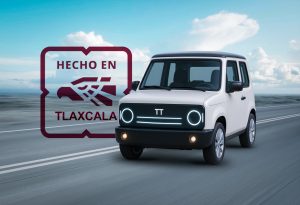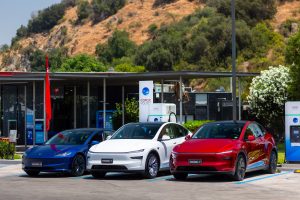
Colombia Accelerates Toward Electric Mobility: ACOMOVES Reveals Challenges and Advances in the Sector
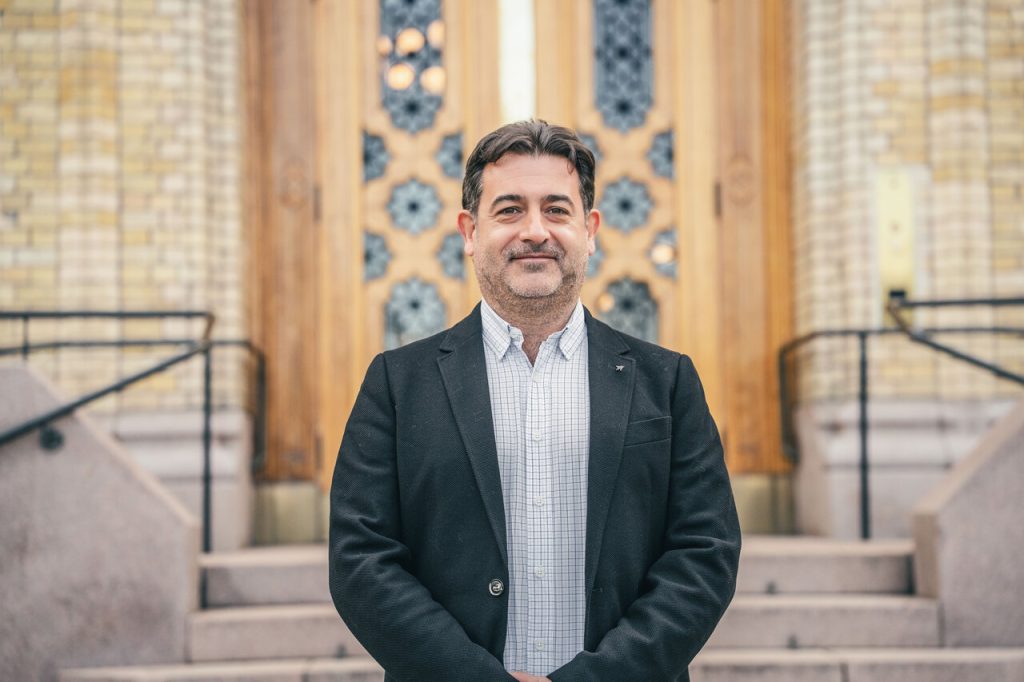
In an exclusive interview with Latam Mobility, the most important sustainable mobility community in Latin America, Juan Esteban Martínez Ruiz, President of the Colombian Association for Electric and Sustainable Mobility (ACOMOVES), explained the current and future state of the energy transition in Colombian transportation.
ACOMOVES has established itself as the main representative of civil society in the field of sustainable mobility in Colombia.
The association was born with a comprehensive vision that transcends the simple promotion of electric vehicles, positioning itself as a key player in the construction of public policies, the generation of technical knowledge and the articulation between the different actors in the ecosystem.
President Martínez Ruiz emphasized during the interview with Latam Mobility that the organization’s primary objective is to create a mobility model that truly responds to the country’s needs.
“Our work goes beyond promoting clean technologies; we are working to design a transportation system that is sustainable, accessible and improves the quality of life of all Colombians,” said the executive.
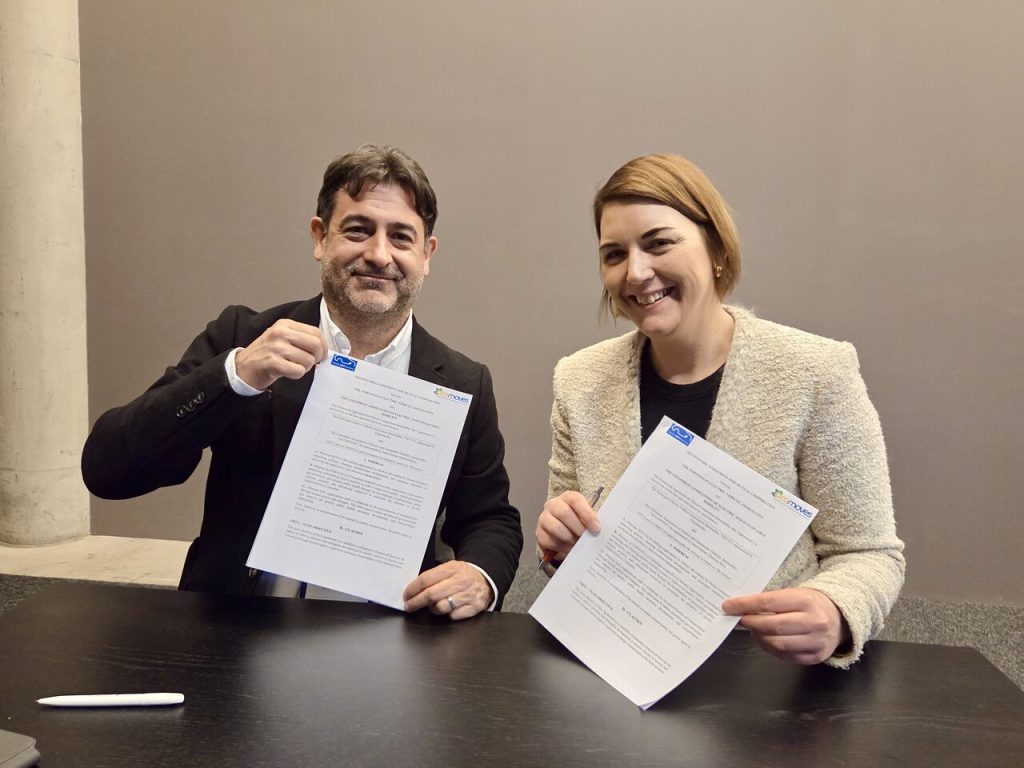
Structural Challenges Facing Colombia
The diagnosis presented by the leader of ACOMOVES reveals that Colombia faces complex challenges on its path towards decarbonization of transportation. One of the main obstacles identified is the lack of technical knowledge among key players in the sector.
Martínez Ruiz explained to Latam Mobility how this knowledge gap manifests itself at different levels, from mechanic workshops that reject electric vehicles due to lack of knowledge, to end users who distrust the technology due to unfounded myths.
In the area of public policies, although important progress has been made, such as the incorporation of more than 1,600 electric buses to the mass transportation system, there are still critical gaps that require immediate attention.
Freight transportation, responsible for a significant portion of polluting emissions, still operates without a clear regulatory framework to drive its transition to clean technologies.
Infrastructure and Financing
During the dialogue with Latam Mobility, the president of ACOMOVES placed special emphasis on the infrastructure challenges facing the country. The lack of charging points on strategic routes and tourist areas remains a major barrier to the mass adoption of electric vehicles.
“We cannot talk about energy transition without first solving the infrastructure issue. A driver who wants to travel from Bogota to the Caribbean Coast in an electric vehicle still faces great difficulties,” said Martinez Ruiz.
The financial issue also featured prominently in the conversation. Although instruments such as the Energy Transition Fund exist, their practical implementation has been slow and fragmented. The executive made an urgent call to optimize these financing mechanisms, especially for critical sectors such as public and freight transportation.
Public Transportation: Opportunities for Growth
The analysis presented by the executive of ACOMOVES reveals a heterogeneous panorama in the development of electric public transportation in Colombia.
While Bogota is positioned as a leader in the incorporation of electric buses, other cities such as Medellin and Cali show more modest progress.
Martínez Ruiz pointed out that, despite the progress, the current electric fleet represents less than 3% of the national total, which shows that there is still a long way to go.
The case of electric cabs especially illustrates the missed opportunities. With only 78 units in operation between Bogotá and Medellín, compared to more than 50,000 conventional cabs, this segment requires priority attention given its high intensity of use and contribution to urban pollution.
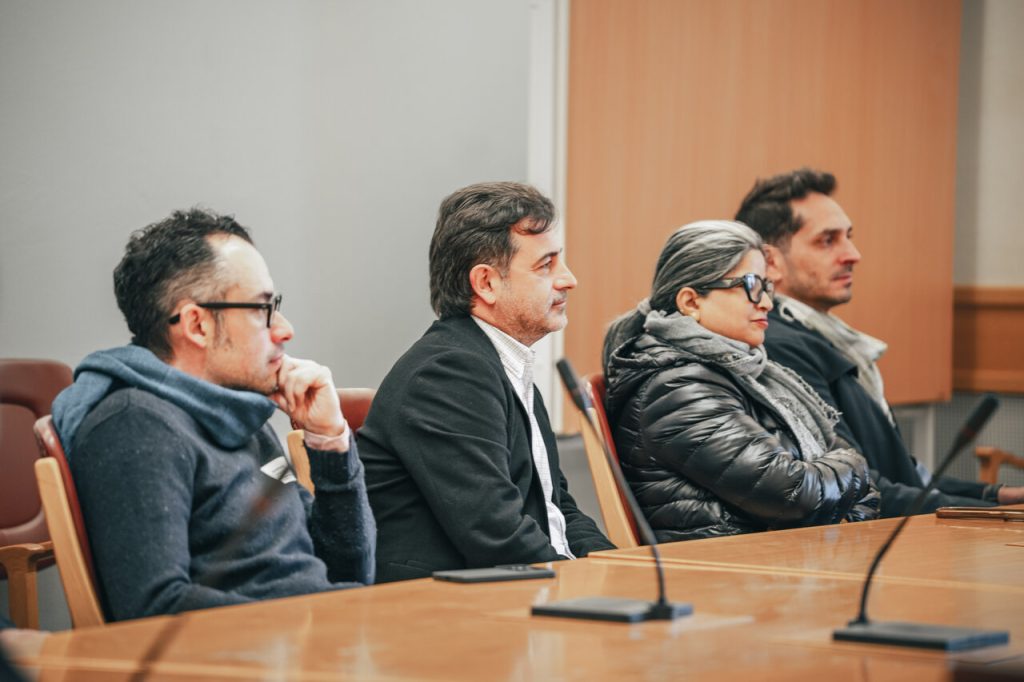
Micromobility and Integrated Systems: Towards More Sustainable Cities
The interview with Latam Mobility also explored the potential of electric micromobility in Colombia. Although the use of electric bicycles has grown significantly, the lack of adequate infrastructure limits their impact.
Martínez Ruiz compared the 800 km of bike paths in Bogotá with the mere 100 km in Medellín, highlighting how this disparity affects the development of the sector.
The president of ACOMOVES stated the need to think of integrated mobility systems, where different modes of electric transportation (subway, buses, bicycles, shared vehicles) work in an articulated manner.
“The cities of the future cannot depend on a single mode of transportation. True sustainability comes from interconnected systems that offer clean alternatives for every need,” he said.
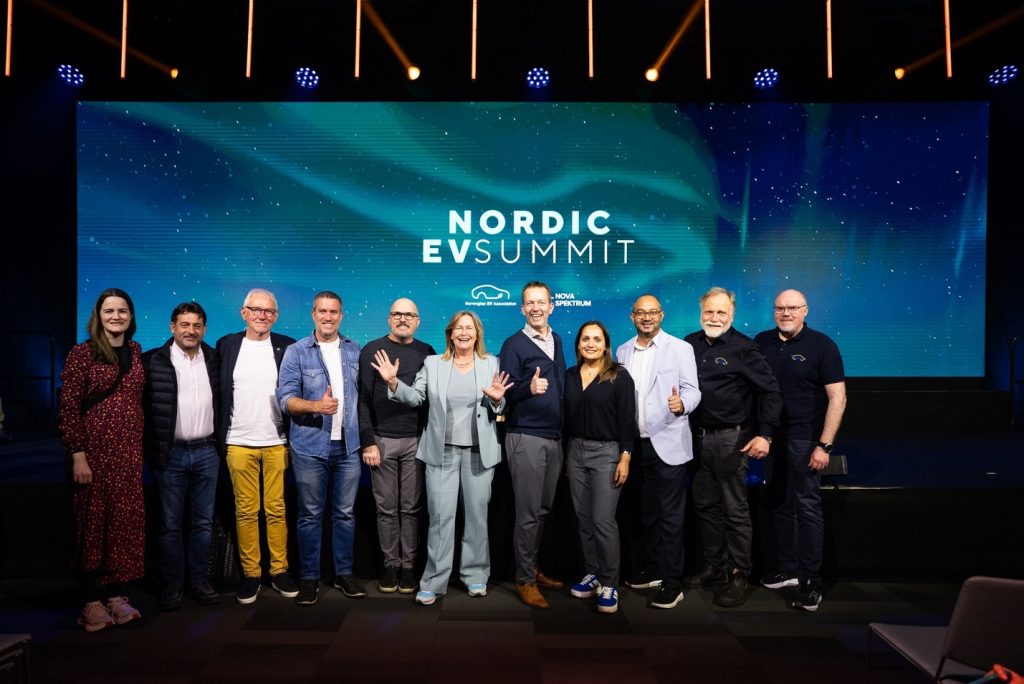
Social Inclusion and Preparing the Future
A highlight of the interview with Latam Mobility was the focus on social inclusion promoted by ACOMOVES. The association is finalizing a national survey that seeks to understand the barriers to access to electric mobility in different segments of the population.
The results of this study, which will be officially presented during the “Latam Mobility & Net Zero Colombia 2025” in Medellin, will serve as a basis for designing policies with a social focus.
Martínez Ruiz also emphasized the importance of preparing the workforce for the coming technological changes.
“The energy transition not only requires new vehicles, but also new skills. We are working on training programs for mechanics, technicians and drivers, ensuring that no one is left behind in this process,” he explained.
Medellin: The Epicenter of the Debate
At the close of the interview, the president of ACOMOVES extended a special invitation to participate in the “Latam Mobility & Net Zero Colombia 2025,” highlighting the fundamental role of this meeting as a platform to accelerate the energy transition in the region.
“This summit will bring together the main players in the sector, generate productive dialogues and showcase innovative solutions. For Colombia, it represents a unique opportunity to learn from international experiences and showcase our own progress,” concluded Martínez Ruiz.
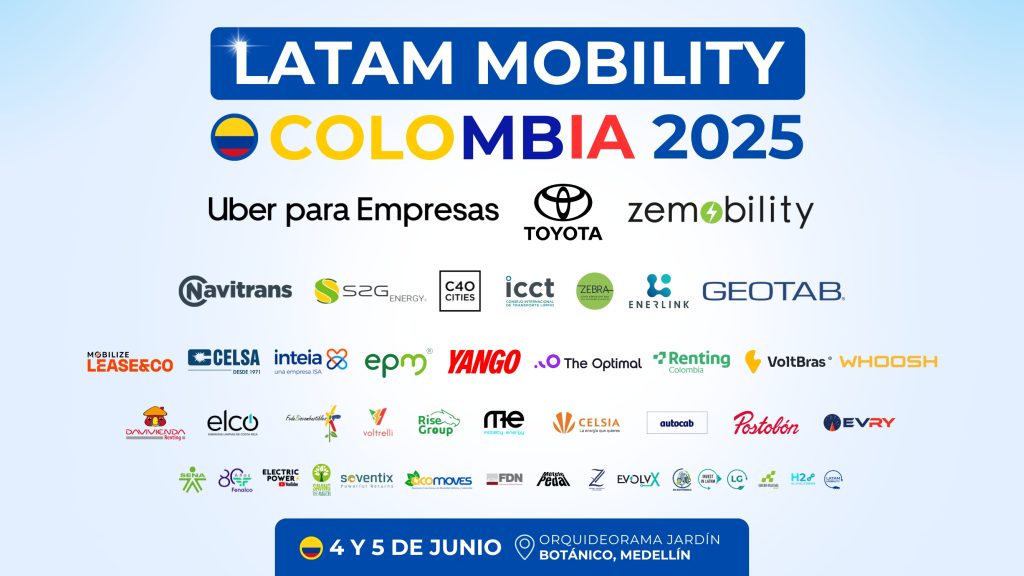
“Latam Mobility & Net Zero Colombia 2025” will not only showcase current advances, but will also define the sustainable mobility agenda for the coming years in Colombia and the region.
For more information on how to participate and positioning options, write to info@investinlatam.org.
You can also contact via WhatsApp or purchase your ticket for Medellin by clicking here.





